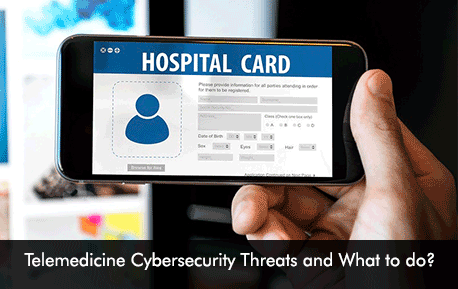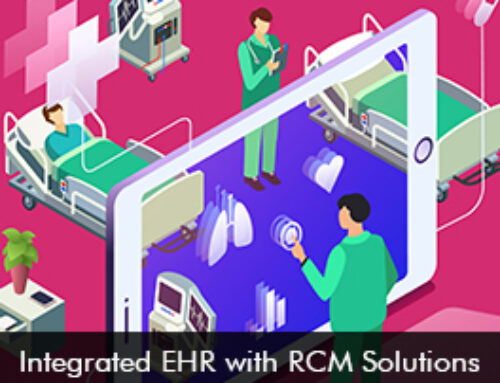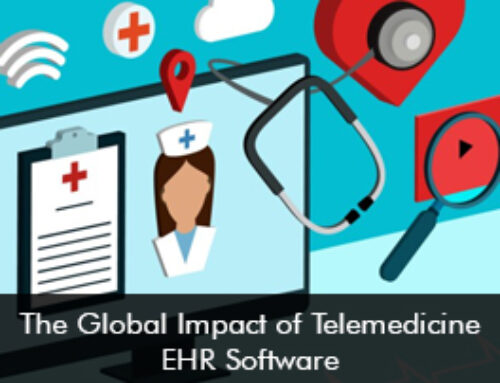The Covid-19 pandemic has pushed the world to use telehealth and telemedicine solutions to provide care to patients remotely and help curb the spread of the virus in hospitals and clinics. Millions of clinics have shut down and are offering healthcare solutions via telemedicine EMR software systems. However, telehealth is open to threats from cyber-attackers according to report released in early September 2020 from SecurityScorecard and DarkOwl.
What do Providers need to know?
Cybersecurity should be the top priority of healthcare providers as they use telemedicine services to continue to provide care to patient populations. Clinics and hospitals that have embraced telemedicine solutions have security weaknesses that need to be identified and also comprehend the different ways in which the data can be hacked.
A risk threats analysis can be conducted once the physician knows where their practice is vulnerable in terms of data protection and encryption. Here are some of the ways your data can be in danger from hackers.
- Internet connection and broadband security
- WIFI hotspots
- VPNs and remote access points
- Security information or data which is stored on your devices or at the hospital facility
- Network security during data transfer
It is critical that physicians also keep in mind the additional security threats as they work remotely this includes personal smartphones and non-secure wireless networks.
Learn about your hacker’s methods
Hackers make the most out of your employee’s weaknesses and targets especially when they log in from an unprotected device or make an offhand click. Hackers can access patient data through phishing attacks and unsecured wireless networks. Once the hacker has the password then they have easy access to your system and can install ransomware. Due to COVID-19 many providers and hospital staff members are working remotely this allows hackers to access systems by easily tracking down-home internet connection passwords.
What can practices can do?
Cyber-attacks can disrupt your practice operations and can harm your patient’s well-being. Cybersecurity is a patient safety issue and providers can make sure that the telehealth platform is encrypted and protected through HIPAA compliance. IT security staff can up security of computer systems by providing passwords that are difficult to hack and unlock by hackers. The cybersecurity infrastructure can be improved through necessary security protocols. You can secure all your systems such as EMR software systems and Practice Management software systems by installing anti-virus software and updating it regularly. It is also important that you educate your employee’s to lock their work computers when nobody is using them to prevent any ransomware attacks. By setting up security policies in your healthcare organization everybody will feel responsible for the protection of data and take it more seriously.
Moving ahead
The pandemic is still continuing with new variants despite the rollout of vaccinations and healthcare providers are trying to provide care through remote care services. To protect your practice from cyber-attacks and phishing attacks healthcare organizations need to be proactive and use the right technology and software systems that are HIPAA compliant for Meaningful use. By ensuring patient data is encrypted your patients will feel satisfied throughout their care process.







